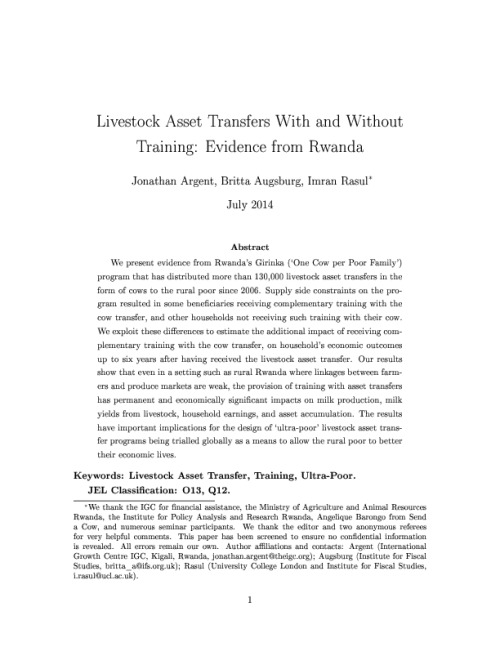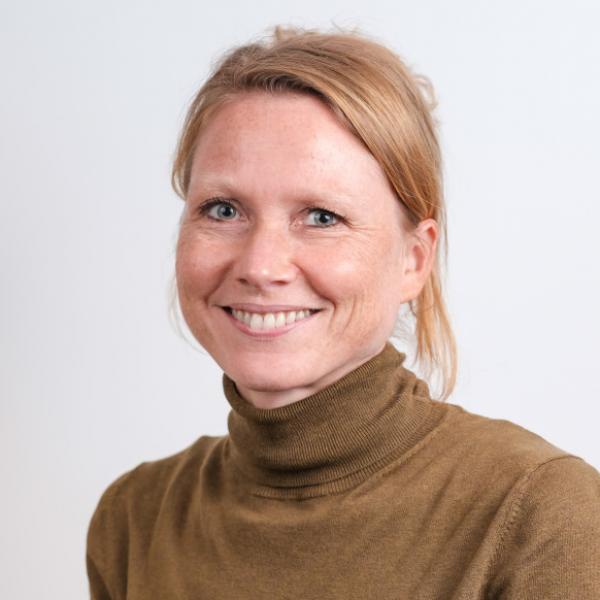This paper presents evidence from Rwanda's Girinka ('One Cow per Poor Family') program that has distributed more than 130,000 livestock asset transfers in the form of cows to the rural poor since 2006. Supply side constraints on the programe results in some beneficiaries receiving complementary training with the cow transfer, and other households not receiving such training with their cow. We exploit these constraints to estimate the additional impact of receiving complementary training with the cow transfer, on household's economic outcomes up to six years after having receieved the livestock asset transfer. Our results show that even in a setting such as rural Rwanda where linkages between farmers and produce markets remain weak, the provision of training with asset transfers has permanent and economically significant impacts on milk production, milk yields from livestock, household earnings, and asset accumulation. The results have important implications for the current generation of 'ultra-poor' livestock asset transfer programes being trialled globally as a means to allow the rural poor to better their economic lives.












